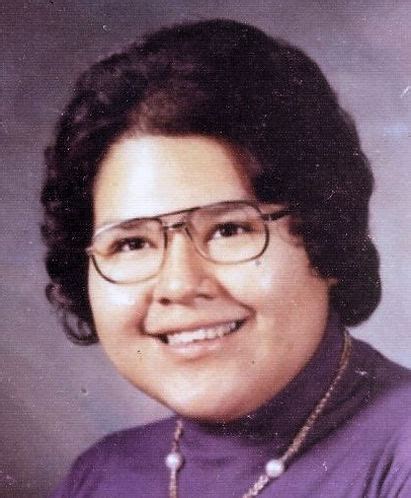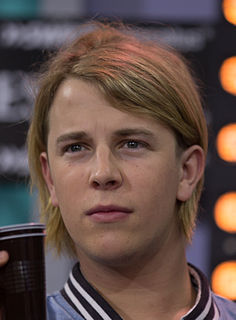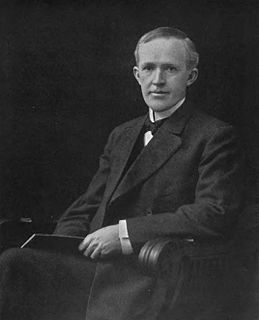A Quote by Margaret Atwood
In high school, in 1956, at the age of sixteen, we were not taught "creative writing." We were taught literature and grammar. So no one ever told me I couldn't write both prose and poetry, and I started out writing all the things I still write: poetry, prose fiction - which took me longer to get published - and non-fiction prose.
Related Quotes
Poetry has an indirect way of hinting at things. Poetry is feminine. Prose is masculine. Prose, the very structure of it, is logical; poetry is basically illogical. Prose has to be clear-cut; poetry has to be vague - that's its beauty, its quality. Prose simply says what it says; poetry says many things. Prose is needed in the day-to-day world, in the marketplace. But whenever something of the heart has to be said, prose is always found inadequate - one has to fall back to poetry.
I didn't mind writing incoherently, up until about 1980, occasionally. But after that, I decided, might as well be articulate. And I found, though, that writing poetry affected my prose to the point where I never again wrote in one draft, and my prose just took longer and longer and longer. It took longer and longer to come up with an acceptable text. And that's probably one of the reasons that my output has slowed down.
Certainly for me prose has a dilatory capacity, insofar as I don't trust my abilities in prose. I imagine I could have done the same thing in poetry, but sometimes I feel more fluent in poetry than in prose, and as a consequence perhaps I might pass too quickly by a thing that I might, in prose, have struggled merely to articulate. That struggle creates space, and it seems to me a particular kind of space into which memory flows easily. I suspect I think better in poetry, however.
Inexperienced fiction and creative nonfiction writers are often told to show, not tell - to write scenes, dramatize, cut exposition, cut summary - but it can be misguided advice. Good prose almost always requires both showing and telling, scenes and summary, the two basic components of creative prose
I always was interested in prose. As a teenager, I published short stories. And I always wanted to write the long short story, I wanted to write a novel. Now that I have attained, shall I say, a respectable age, and have had experiences, I feel much more interested in prose, in the novel. I feel that in a novel, for example, you can get in toothbrushes and all the paraphernalia that one finds in dally life, and I find this more difficult in poetry.






































